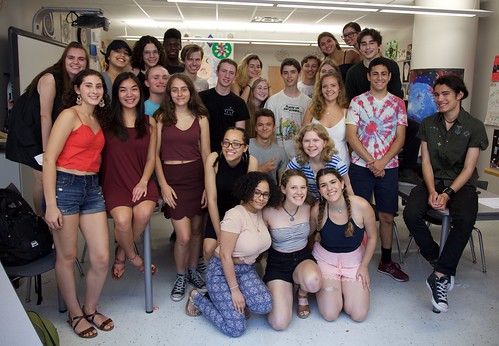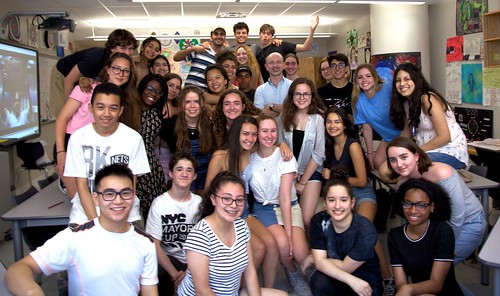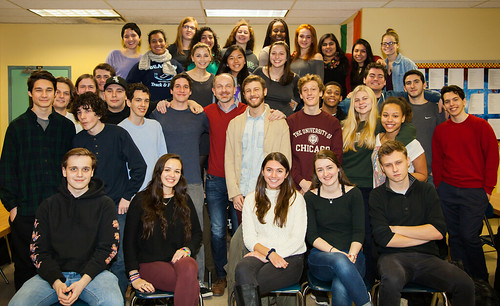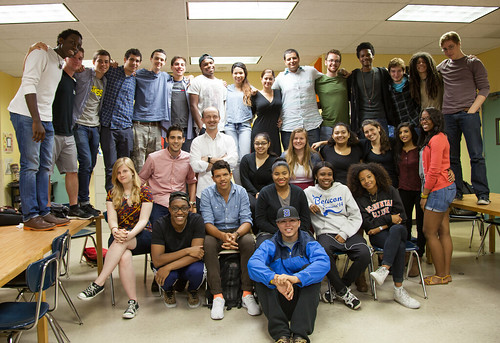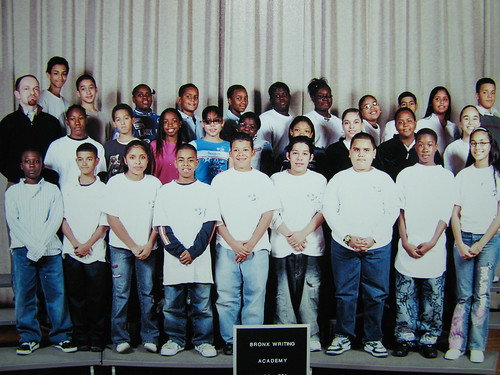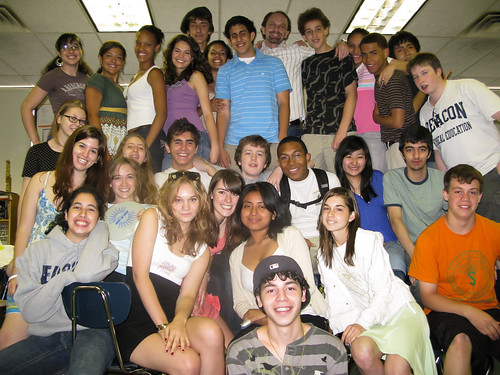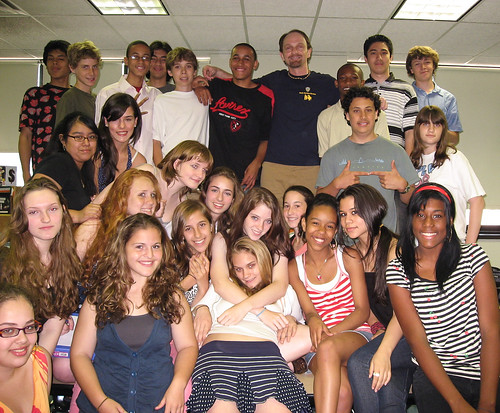1. Waiting for Godot–Read and annotate up to p. 29 (stop with “Simply wait.”)
2. PBA–Monday, second stage of PBA is due: Evidence! Considering your grounds for comparison/frame of reference begin gathering evidence from each text (If you do not have one of the texts, no worries. I will have copies in class on Monday). The evidence should be typed! Review the comparative essay handout with a focus on organization of essay.
Thesis statements are due Tuesday!


